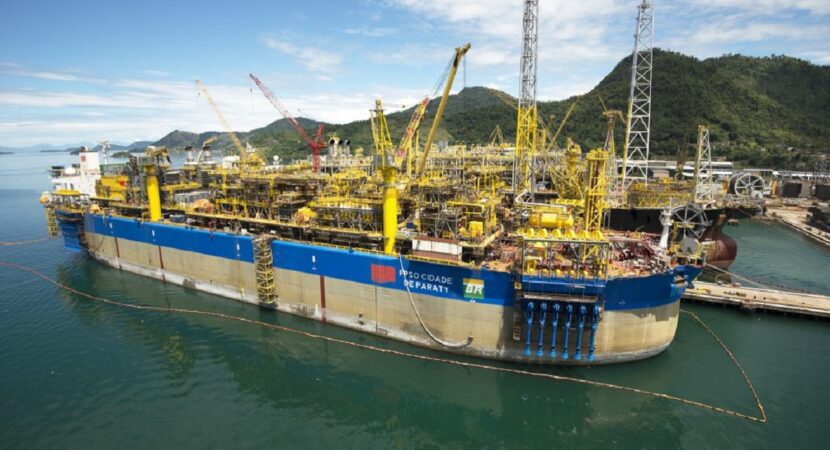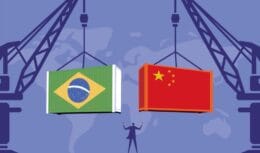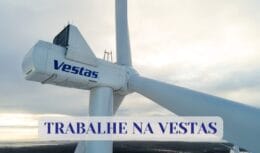
With demand growing, operators with first oil for the next few years fear that manufacturers will not deliver FPSOs
The injection of energy in the offshore industry with the growth of the world demand for FPSOs, came accompanied by the concern of those operators who have tighter production deadlines.
The concern is whether charterers will meet the estimated number of eight new FPSOs per year, as production capacity is being questioned, combined with other factors, such as financing costs and even the small number of manufacturers in the market today, mainly of units for deep and ultra-deep waters.
Another cause of concern for operators is that as companies “shrank” with the crisis, many think that the difficulty in restructuring themselves to meet the reheating of the market.
To get an idea of the crisis, in 2016 no FPSO charter contract was signed and this had not happened since the eighties.
FPSO market in Brazil
In Brazil, the leaders in the large FPSO market are the giants Modec and SBM, which are building five units and are about to sign a contract with Petrobras for two more each.
Modec is building two units for Brazil, one for the Sépia field, which will be called Carioca and another for the Mero 1 field, which will be named Guanabara and another for the Italian Eni, which will be installed in Mexico.
The company has already won a charter contract with Petrobras for Búzios V and is participating in the tender for the charter of the two FPSOs in Marlim.
Regarding SBM, the company is building two ExxonMobil units in Guyana for the Liza project, the units will be delivered at the end of 2019 and the second at the end of 2020, with start-up scheduled for 2021.
In Brazil, the company is trying to recover after signing a leniency agreement with the Brazilian government due to the corruption scandals uncovered by the Lava Jato operation and presented the best offer to build the Mero 2 FPSO.
In the heyday of the Brazilian offshore, MOdec and SBM each had 8 FPSOs under construction, today the companies' units are concentrated in China.
Modec has 11 units in operation, with ten FPSOs (Campos dos Goytacazes, Caraguatatuba, Itaguaí, Mangaratiba, São Paulo, Angra dos Reis, Santos, Niterói, Fluminense and Rio de Janeiro) and one FSO (Macaé), in addition to two FPSOs under construction in China, for Mero 1 and Sepia.
SBM has seven contracts in the country, six of which are with Petrobras – Anchieta, Capixaba, Paraty, Maricá, Saquarema and Ilhabela, and one with Shell (Espírito Santo).
Among the medium-sized companies we have Teekay, Ocyan, Bluewater, Bumi Armada, Saipem, BW Offshore, Misc and Exmar that is trying to enter this market.
According to experts, large companies would be able to build eight to eleven units simultaneously and medium-sized companies two to three.
Petrobras today has four tenders for the charter of five FPSOs and should release other bids for new lots.
Petrobras orders have been for large-sized units, the last medium-sized order was almost five years ago, to the Ocyan/Teekay consortium with a production capacity of 50 barrels/day.
An important fact cannot be ignored, after years prioritizing hull conversions, the tendency is for new projects to be in new hulls.
Chevron buys Anadarko and maintains focus on Pre-salt! Access the article here!








